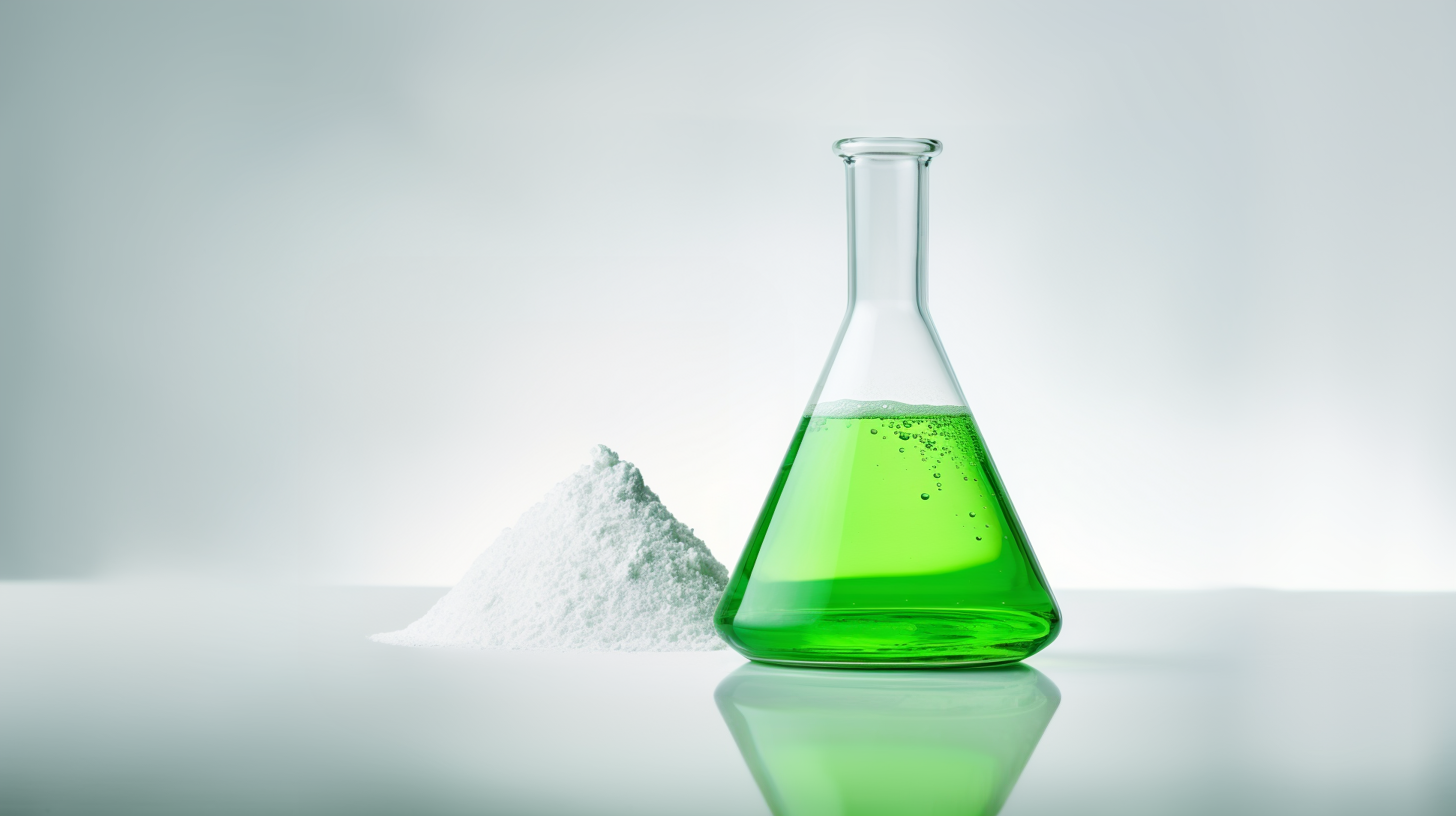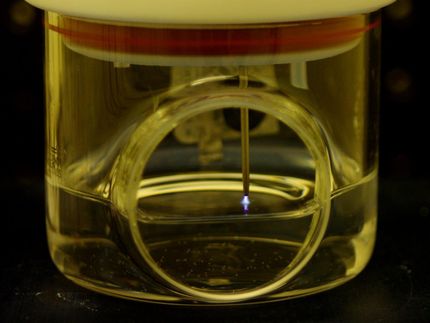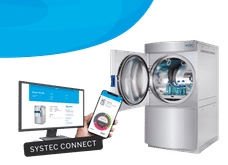Agilent Technologies detects PAHs in water using retention time locking and solid-phase extraction
Advertisement
PALO ALTO, Calif., Aug. 16, 2002 - Agilent Technologies Inc., today announced a significant gas chromatography/mass spectroscopy (GC/MS) application that demonstrates the usefulness of retention time locking (RTL) in determining the presence of polycyclic aromatic hydrocarbons (PAHs) in water.
These hydrocarbons, widespread in the environment, are known carcinogens, mutagens and teratogens. Environmental agencies worldwide regulate and monitor the presence of aqueous PAHs. The U.S. Environmental Protection Agency, for example, lists 16 PAHs as "priority pollutants."
Agilent chemists used RTL with a DB-5ms column to characterize 35 native and 27 surrogate PAHs in under 18 minutes. Resolution was good for several critical pairs encountered in PAH analysis. Retention time locking enables any operator to reproduce identical, absolute PAH compound retention times, allowing direct comparison of results from different laboratories, regardless of operator or instrument.
To isolate and concentrate trace PAHs from water, the Agilent chemists used Agilent AccuBONDII octadecyl solid-phase extraction cartridges in spike and recovery experiments on the U.S. EPA PAH priority pollutants. At concentrations of 50 ppt, PAHs were determined with an average accuracy and reproducibility of 5 percent. A one-liter water sample was processed in less than 50 minutes with overall recoveries exceeding 70 percent even for naphthalene, a difficult analyte to isolate.
The method also included concentration and solvent-exchange steps, transferring the elution solvent dichloromethane to isooctane (a superior keeper), via a tube heater. Tube heaters provided rapid and inexpensive parallel processing of multiple samples. Unlike nitrogen blowdown, which evaporates solvent in a laboratory hood, tube heaters offer the possibility of recovering volatilized dichloromethane solvent.
Most read news
Other news from the department research and development
These products might interest you

Get the chemical industry in your inbox
By submitting this form you agree that LUMITOS AG will send you the newsletter(s) selected above by email. Your data will not be passed on to third parties. Your data will be stored and processed in accordance with our data protection regulations. LUMITOS may contact you by email for the purpose of advertising or market and opinion surveys. You can revoke your consent at any time without giving reasons to LUMITOS AG, Ernst-Augustin-Str. 2, 12489 Berlin, Germany or by e-mail at revoke@lumitos.com with effect for the future. In addition, each email contains a link to unsubscribe from the corresponding newsletter.
Most read news
More news from our other portals
See the theme worlds for related content
Topic world Gas chromatography
Gas chromatography is an essential method in analytical chemistry for the separation and analysis of volatile compounds. Due to its high resolution and sensitivity, it has become firmly established in areas such as environmental analysis, food chemistry or forensic science. GC provides precise and reliable results and enables deep insights into the chemical composition of samples.

Topic world Gas chromatography
Gas chromatography is an essential method in analytical chemistry for the separation and analysis of volatile compounds. Due to its high resolution and sensitivity, it has become firmly established in areas such as environmental analysis, food chemistry or forensic science. GC provides precise and reliable results and enables deep insights into the chemical composition of samples.
Topic world Extraction
Extraction is a fundamental process in the chemical laboratory that enables specific components to be isolated and concentrated from a mixture. Whether it's extracting active ingredients from natural products, removing impurities from synthesis products, or preparing analytical samples, extraction is a key step in achieving precise and efficient results in chemical research and analysis.

Topic world Extraction
Extraction is a fundamental process in the chemical laboratory that enables specific components to be isolated and concentrated from a mixture. Whether it's extracting active ingredients from natural products, removing impurities from synthesis products, or preparing analytical samples, extraction is a key step in achieving precise and efficient results in chemical research and analysis.
Topic World Spectroscopy
Investigation with spectroscopy gives us unique insights into the composition and structure of materials. From UV-Vis spectroscopy to infrared and Raman spectroscopy to fluorescence and atomic absorption spectroscopy, spectroscopy offers us a wide range of analytical techniques to precisely characterize substances. Immerse yourself in the fascinating world of spectroscopy!

Topic World Spectroscopy
Investigation with spectroscopy gives us unique insights into the composition and structure of materials. From UV-Vis spectroscopy to infrared and Raman spectroscopy to fluorescence and atomic absorption spectroscopy, spectroscopy offers us a wide range of analytical techniques to precisely characterize substances. Immerse yourself in the fascinating world of spectroscopy!

































































